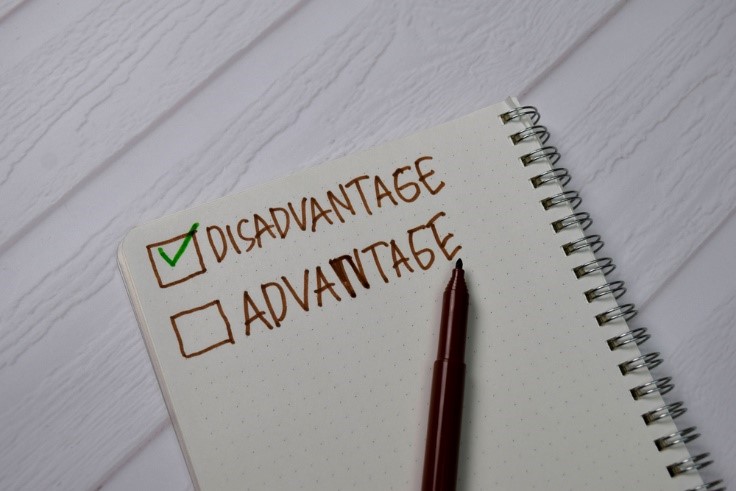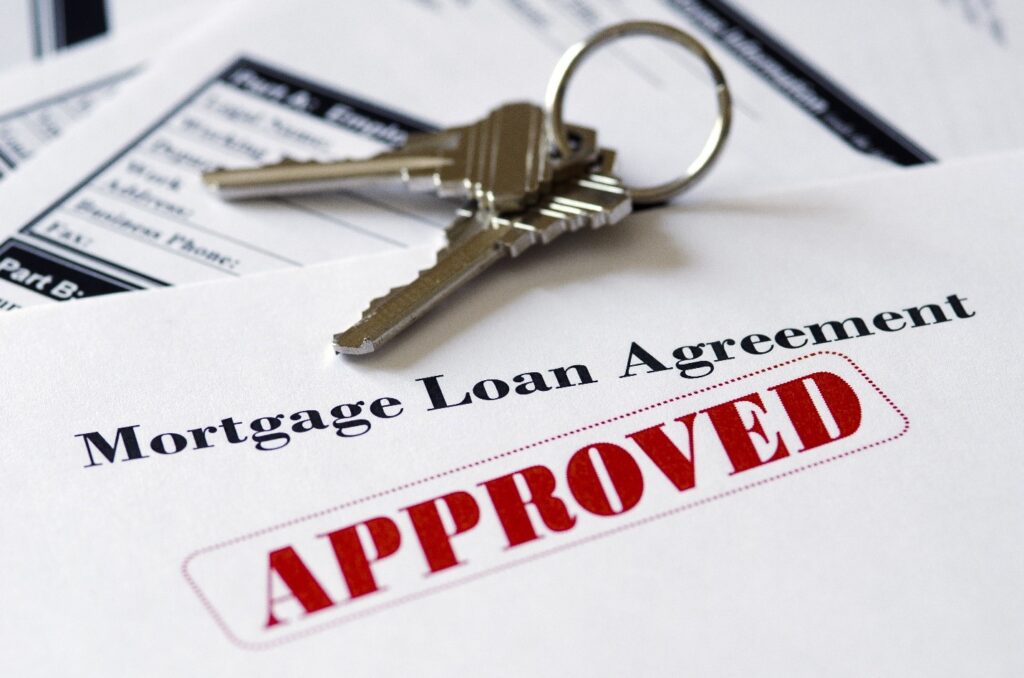Whether it’s a reverse mortgage or any other loan, they all have their own advantages and disadvantages. If you are under or over the age of 62 and have no idea about the pros and cons of a reverse mortgage, there is no need to stress. We’ll help you uncover some of the most important benefits and drawbacks that will help you save time and energy.
Scroll down to learn more about it.
What is a Reverse Mortgage?

A reverse mortgage is also referred to as a home equity conversion loan. It’s a home loan that allows elderly homeowners to convert their home equity into profit without selling their property or the land they own.
What Are the Requirements for a Reverse Mortgage?
A reverse mortgage loan comes with certain terms and conditions. Want to know which ones these are? Continue reading below:
1. The mortgage or the lender must be at least 62 years old to qualify for the reverse mortgage.
2. To enjoy the benefits of the reverse mortgage, one must have at least 50% of the equity in the property.
3. The house you plan to live in after retirement should be your primary residence.
If you succeed in meeting all these requirements, then congratulations – you can easily benefit from the reverse mortgage.
The Benefits of a Reverse Mortgage
Here are some of the main benefits and drawbacks of reverse mortgages:
- Senior borrowers over the age of 62 or over are provided with a number of advantages.
- It can help you save money for an unexpected medical emergency.
- During the period of retirement, the reverse mortgage can provide financial independence and flexibility because the earnings from the loan can be easily used according to the borrower’s wishes.
- It can also facilitate an aging person or couple who are planning a house renovation.
- The money received from a reverse mortgage is often used by the borrowers to pay for their in-home care demands.
Disadvantages of a Reverse Mortgage

- The costs and fees of a reverse mortgage are fixed. Therefore, it continues to be a major drawback.
- The possibility of losing a home through a reverse mortgage is also high.
- It’s not free at all. There are several hidden expenses that are linked with it. Plus, you have to manage your taxes, insurance, and HOA fees, along with the payment of upfront insurance premiums. However, it can be roughly 2% of your home’s appraised value. The closing fee is also included and needs to be paid.
- It can also affect other retirement program benefits, such as Medicaid or Supplemental Security Income (SSI).
- Consulting and seeking help from a specialist is a must before you make any decision that can compromise your benefit eligibility.
- If you’re planning to leave your completely paid-off home to your heirs, then a reverse mortgage would not be a good option to consider.
Where to Learn More About Reverse Mortgages?
Whether it’s you or anyone else planning to consider a reverse mortgage, we suggest you consult with a trusted advisor. We would recommend you consider American Mortgage Resource, Inc. We are well-known for being a trustworthy place where you can get exact information about some of the best loans available in 2022. Call us at (617) 972-8588 to speak to a loan expert.














